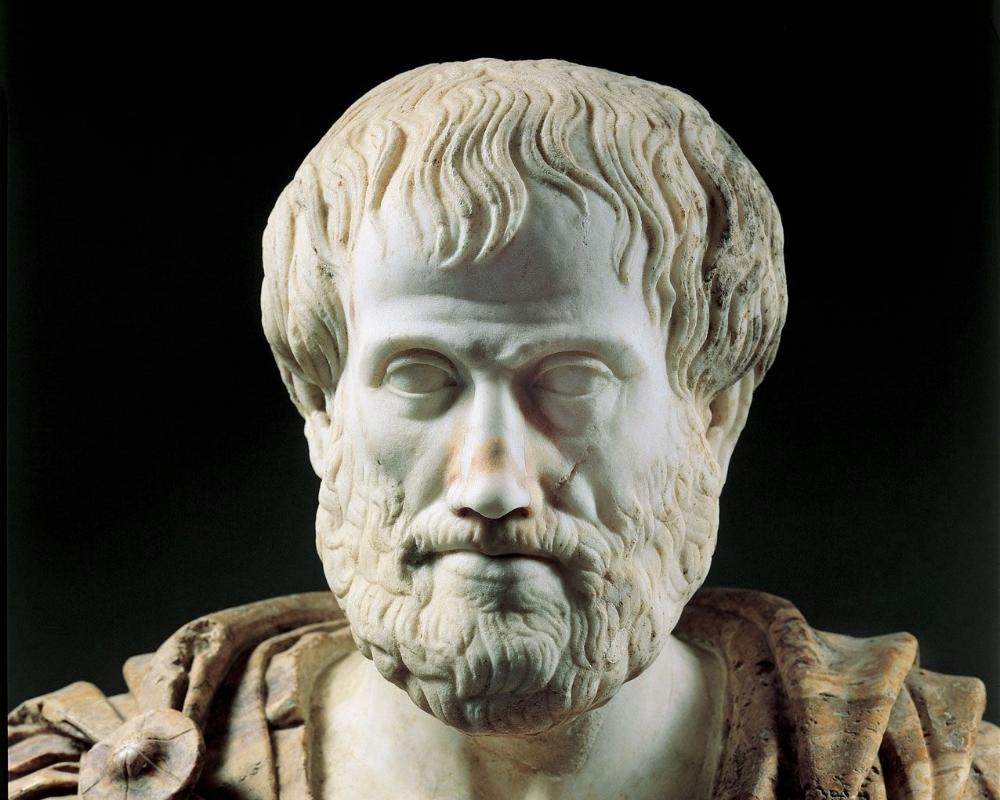Rangga Hotman Hasibuan's Key Ideas from Aristotle on Prescription
by Francesca Alesse
Ideas, facts & insights covering these topics:
6 ideas
·814 reads
6
Explore the World's Best Ideas
Join today and uncover 100+ curated journeys from 50+ topics. Unlock access to our mobile app with extensive features.
Deliberation & the Practical Syllogism
Both kinds of reasoning seem to meet the requirements of practical reason, διάνοια πρακτική. Practical reason is evoked in a number of passages from Ethics, De anima, Metaphysics, and Politics. In Eth. eud. (1216b35–1217a10) it is significantly described as “architectonic” thinking. This means that practical reason does not freely speculate on any subject, but thinks with a view to an end, which represents the aim of all the stages of the reasoning process.
11
236 reads
Deliberation, Defined.
Deliberation is a “calculating” (λογιστική) operation by which we try to understand what actions have a direct or indirect relationship with the end, e.g. what actions have a certain end as their effect, or produce the best conditions for achieving the end. Aristotle’s remark that not only deliberation, but also choice is of the “means” to an end, rather than of the end itself, is significant: since choice is deliberated desire, it shows that the desire for a certain end is transmitted to the conditions useful for achieving that end
15
147 reads
Deliberation: Object
Aristotle’s stance seems to be fairly clear: deliberation is a reasoning about what is useful for achieving an end: τὰ πρὸς τὸ τέλος. The end, therefore, is the necessary starting-point of deliberation, not its object. Hence, the decision, or rather the choice (προαίρεσις), that forms the conclusion of a deliberation is the choice of what has been deliberated because it has turned out to be useful for achieving the end.
12
117 reads
Practical Syllogism, Alan's
Practical syllogism is the logical translation of the psychological unfolding of an action:
"...To syllogize in action is to apply a rule of the form ‘such and such a man should act in such and such ways’ with a view to realizing an end and ultimately, no doubt, the supreme end, happiness. But I am not implying that all the rules which Aristotle might admit as major premisses are in fact rules which prescribe means to ends"
12
99 reads
M. Nussbaum POV on Deliberation
M. Nussbaum openly subscribes to the idea that deliberation is about the components of the notion of the end, not just the extrinsic means to it. Hence, she regards the notion of rule as having a somewhat “instrumental” value. Yet a rule does not coincide entirely with the general norm of which the deliberated action is an instance. A rule sometimes corresponds to an action we choose and perform with a view to a certain end, and whose performing reflects a habit of our character
11
87 reads
We may choose one action over another because it counts as an instance of courage and is thus a component of the good life for us.
ARISTOTLE
13
128 reads
IDEAS CURATED BY
CURATOR'S NOTE
They desire in act just the ultimate end, the common good, and consider the ends for the sake of which they prescribe as the intermediate stages and instrumental conditions in view of the ultimate end.
“
Discover Key Ideas from Books on Similar Topics
5 ideas
Thinking, Fast and Slow
Daniel Kahneman
15 ideas
Thinking, Fast and Slow
Daniel Kahneman
4 ideas
Thinking, Fast and Slow
Daniel Kahneman
Read & Learn
20x Faster
without
deepstash
with
deepstash
with
deepstash
Personalized microlearning
—
100+ Learning Journeys
—
Access to 200,000+ ideas
—
Access to the mobile app
—
Unlimited idea saving
—
—
Unlimited history
—
—
Unlimited listening to ideas
—
—
Downloading & offline access
—
—
Supercharge your mind with one idea per day
Enter your email and spend 1 minute every day to learn something new.
I agree to receive email updates

